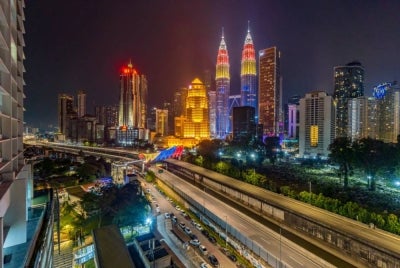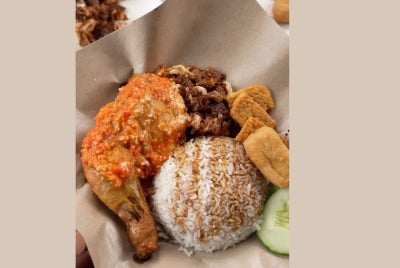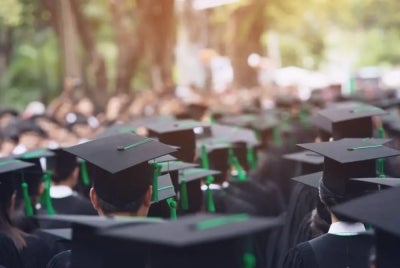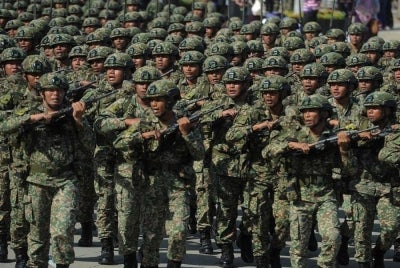Is the government's neglect of arts and music funding holding back our creative potential?
SYERLEENA ABDUL RASHID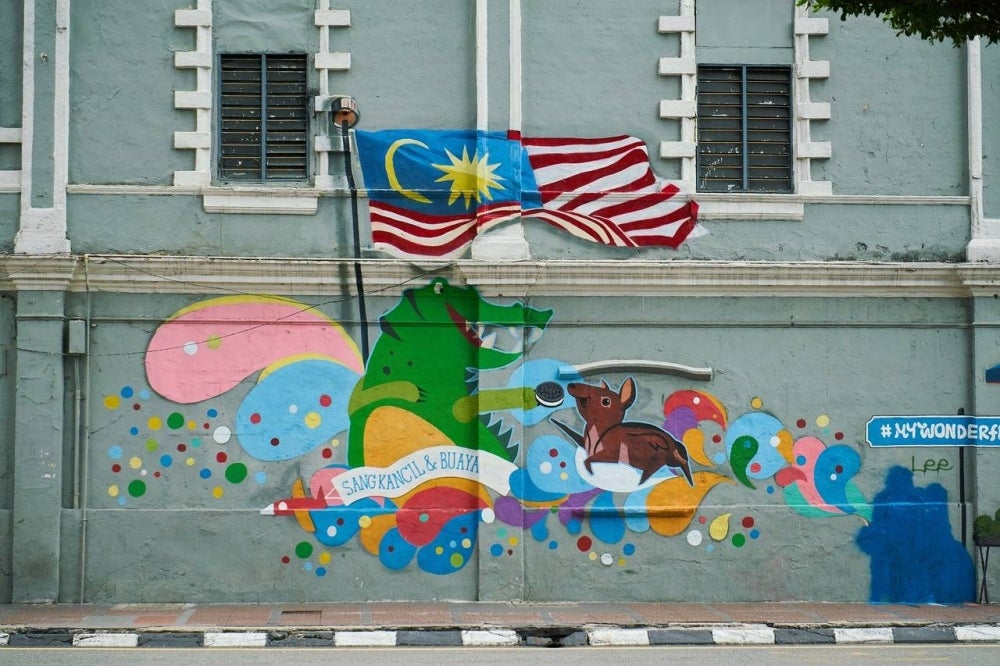
Malaysia has a rich and diverse cultural heritage that spans centuries.
The country's traditional arts and crafts, music, dance, literature, and cuisine are a testament to the richness and depth of the country’s cultural heritage which gives a boost to the tourism sector. By promoting and preserving these cultural assets, Malaysians can ensure that their cultural identity and heritage are not lost to time.
From a strategic perspective, there may be a need to create nodes and clusters that enable the creation of a creative tipping point that has economic, social and cultural benefits.
We may not need to create new cultural assets, but just better organise them and ensure there is a meaningful relationship at the industry level that allows for this to happen.
In the recent Budget 2023, the Prime Minister announced a RM250 million budget for the tourism sector, while RM102 million allocated for Digital Content Grants aimed to assist and promote new works in the creative industries, RM25 million for heritage and cultural activities at the community level, and RM20 million for arts and cultural programmes in schools that encourage unity.
For a sector that drives tourism activities, there is a great need to refine and increase the allocated budget for the arts and creative-culture sector.
For those in the creative-cultural industry that spans arts, dance, music, theatre, films, and events, sustainability and prosperity will not be achieved through cash handouts but rather through innovative programmes that empower them – as a start, there is a need to draft a National Creative Industry Policy as well as setting up a council solely for the arts and music.
The main objective is to safeguard the welfare of artistes and industry players, while finding better ways to streamline local licensing systems, entertainment fees and other legal frameworks to reduce undue stress inflicted upon local artists and help empower them.
The creative-cultural imperative may at first appear as a soft core or a peripheral of the Malaysia Madani concept. However, as Malaysia is a culturally diverse and culturally aware society, it is through this door that any sustainable future must traverse especially as the MADANI framework recognises the importance of sustainability, prosperity, and innovation in building a resilient future for the rakyat.
Malaysia's arts and culture can indeed be a powerful draw for tourists from around the world. By showcasing the country's cultural heritage, Malaysia can attract visitors interested in learning about its history, customs, and traditions. This, in turn, can help boost the country's economy and create new job opportunities. To encourage learning and cultural export, it is important to have a national digital repository of our cultural assets.
It is time we recognise the symbiotic relationship between tourism and the arts and creative culture sectors and see how the latter truly impacts the local economy. To understand this better, more comprehensive data and statistics are required for better informed decisions and solutions.
Penang, for example, is known as a melting pot of arts, heritage and culture. Over the years, these are the major contributors to the local economy which is translated into tourism revenues.
The symbiotic relationship between these two elements needs to be empowered through effective resource planning. As such, the total amount of RM397 million allocated for both sectors need to be refined to ensure more can be done to improve the nation’s socioeconomic landscape.
The government must do all it can to ensure that the economic prosperity of the country can be enjoyed by all and not just a small group of people. To achieve this, the development of hyper-local arts and cultural programmes will bring meaningful activities to the youth and link them with the older generations. This is what we should be presenting to international tourists when they arrive.
For example, during the pandemic, musicians including DJs, singers, music bands, as well as artists, stage performers, filmmakers, and event organisers (including special events, concerts, etc.) were all heavily impacted not forgetting the talented persons with disabilities (PWDs) in the same industry.
They are our cultural ambassadors that visitors to Malaysia see, and they are the ones who often end up in the photos and videos that find their way onto social media all around the world.
The role of these people needs to be further empowered. While RM25 million has been allocated for heritage and cultural activities at the community level, more needs to be channelled towards initiatives that can support and empower them.
Event spaces have also suffered remarkedly during the pandemic. We need to work with the owners of these venues to do more, even as many government agencies look for cost-cutting strategies which include fewer external programmes.
It is in fact time now to create smart partnerships with the government, the private sector and those who are looking to grow their businesses so that these assets do not fall into ill repair and indeed generate jobs and income in line with our aspirations to become a high-income nation.
The RM25 million allocated to supporting and promoting heritage and cultural activities is imperative in ensuring that businesses as well as those in the cultural industry can thrive and sustain.
The question is will it be impactful when shared with all states nationwide? Ultimately, we need to rationalise our current cultural assets to develop new cultural assets, empower the creative industries, and become the exporter of Malaysian culture. As we go along the process towards approving Budget 2023, my hope is to see more allocations that will enable a more economically viable, sustainable and resilient future for our artists and creative-cultural ambassadors – the individuals who create cultural assets – as well as other businesses within this industry.
SYERLEENA ABDUL RASHID IS THE BUKIT BENDERA MP AND SERI DELIMAN ASSEMBLYMAN.
Download Sinar Daily application.Click Here!

